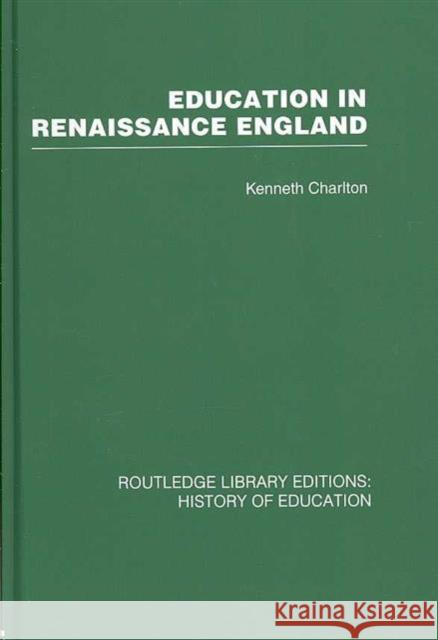topmenu

• Nauka
[2950887]
[15205]
[40104]
[188116]
[511672]
[116785]
[64023]
[34970]
[407782]
[112424]
[52960]
[169384]
[69451]
[252219]
[185053]
[193531]
[160309]
[109820]
[184401]
[1817392]
[70421]
[151509]
• Komiksy
[36471]
[23146]
[612016]
• Hobby
[135856]
[1813]
[226002]
[369]
• Słowniki
[2975]
• Inne
[447066]
[1173]
[166853]
[469656]
• Religia
[507933]
[503]
• Sport
[61169]
• Sztuka
[242521]
[3456]
[219319]
• Zdrowie
[99010]
[124]
• Zabawki
[2510]
[3701]
[264]
[8012]
History of Education
ISBN-13: 9780415419789 / Twarda / 2007 / 10608 str.
Routledge’s pre-eminent position at the forefront of academic Education publishing is represented by this essential collection. The History of Education reprints texts carefully selected on the basis of their influence and prestige, written by the finest historians of education. Together they provide unparalelled international coverage of the development of education from medieval times to the present day, themes covered include:
- the development of national curriculums
- the evolution of primary and secondary schooling
- the move towards comprehensive schooling
- the history of schooling for disabled learners.
For further information on this collection please email info.research@routledge.co.uk.










